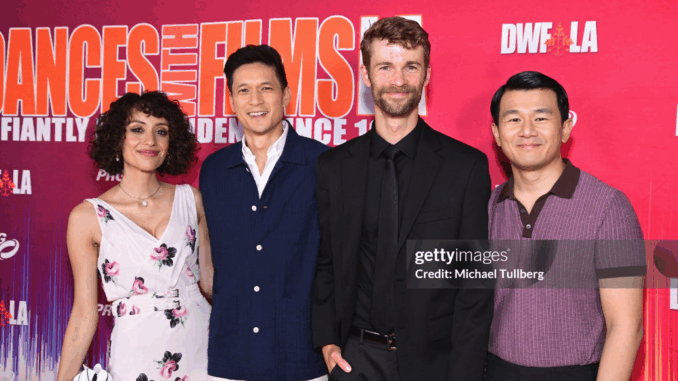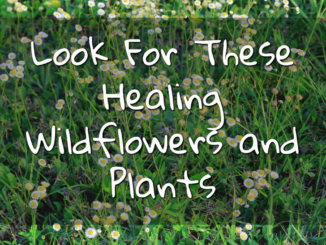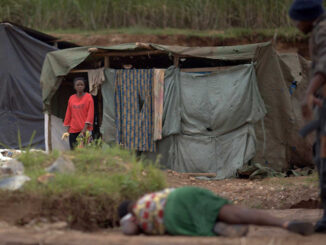
“Do No Harm” is the first and most sacred principle in caregiving, meant to guide all those entrusted with the well-being of others. In Chris Hartwell’s compelling 2025 drama, we witness the haunting unraveling of a nurse whose career-ending mistake becomes a tragic testament to a healthcare system built for profit, not people. The film exposes what happens when caregivers themselves become casualties of a broken system, sacrificing their health, relationships, and even sense of self in the process. For anyone who has helped a parent through a long-term illness—mental or physical—this story may feel painfully familiar. I know it was for me. I have, from beginning to end, cared and arranged care for two Alzheimer’s patients. One of which was my father. I burned out working in California’s mental health system just as state hospitals were being shuttered and funding was being gutted. I walked away before I became a casualty. Some, like the film’s central figure, Sam Yeong, never do.
For writer-director Chris Hartwell, Do No Harm is more than a movie, it’s a film that was born out of listening to his family’s stories.”My dad’s a doctor. My wife is a home health nurse,” Hartwell says. “I’ve been collecting their stories—without even realizing it—for over 30 years. And so when it came time to write this film, it just fell out of me—because it’s something I’ve been marinating in my entire life. This story had a number of objectives, but one of the primary ones was to spotlight the world of healthcare and those who work in that field.”
“The cost of compassion—and what those in that very taxing, exhausting field can feel—is important to highlight,” Hartwell explained. “Understandably, most of us look at healthcare workers and think they’re somehow superhuman, that they don’t feel fear, exhaustion, or overwhelm. That’s certainly not the case. I really wanted to shine a light on their humanity and the amazing work they do—while also creating an emotional rollercoaster of a ride that anyone, in healthcare or not, can enjoy and get pulled into.”

But Do No Harm is not just a clinical examination of health care’s shortcomings but an exposition of the humanity of the afflicted, and the burden carried by their loved ones and the coming together with the caretakers. In the film we ride along with the film’s central character, nurse Sam Yeong played by Harry Shum Jr. A perfect fit for the role. We see Shum a star from Grey’s Anatomy, caring for and carrying the burden for most of the families on his route who are ill equipped to complete the tasks they are assigned such as reloading I.V. drip tubes, rebandaging surgical wounds and delivering a laundry list of medications to keep the symptoms in check.
And as we see nurse, Sam Yeong’s contributions caring for the sick and supporting the families at this time in the film; it becomes a very seductive picture, one any of us might be drawn into. Home healthcare does provide that sense of community with the families. But as recent studies have shown this is often at a cost to the Nurse’s significant others. And Sam is drawn in so far as things start to unravel he doesn’t step back but drags his loved one, his patients and his boss with him into a career ending, life altering disaster. As Chris Hartwell has learned from his own experience, “Compassion doesn’t always mean stepping in. Sometimes it means stepping back.”

Chris relied on his cast to bring this revelatory movie to the finish line, especially Harry Shum Jr. “Harry was the dream collaborator,” Hartwell says. “On day one, we were shooting one of the most emotional scenes. He pulled me aside the night before and said, ‘This monologue isn’t there yet.’ He challenged me to rewrite it—not to undermine me, but to elevate the story. That’s the kind of partner he is.”

The rest of the cast met the emotional challenge with equal depth. Rosaline Elbay as Sam’s significant other brought grounded warmth to her role. The boss, Ronny Chieng added comic relief in moments that needed it. And Jimmy Gonzalez, as Charlie—the alcoholic, often-absent father—delivered a transformative arc that concludes the film with power and grace.

“There’s this mirrored moment,” Hartwell says. “At the beginning, Sam helps Charlie to bed. At the end, Charlie helps a shattered Sam. He even wears Sam’s blue shirt. He becomes the caregiver. It was always about reversing judgment and finding empathy.”
“This has been a seven-year journey. I started writing it before my son was born—he’s seven now,” Hartwell says. Along the way, he made a short film version, crowdsourced funding, and recruited not just professional cast and crew, but dozens of his own film students to help bring the project to life.
“Those students weren’t just learning—they were investing emotionally.” “This was the most important film I’ve made. It began as my story—but it became a story for all of us. I hope it stays with people.”
Photos are courtesy of “Do No Harm”-Getty Images pics from fest were authorized pics




Be the first to comment